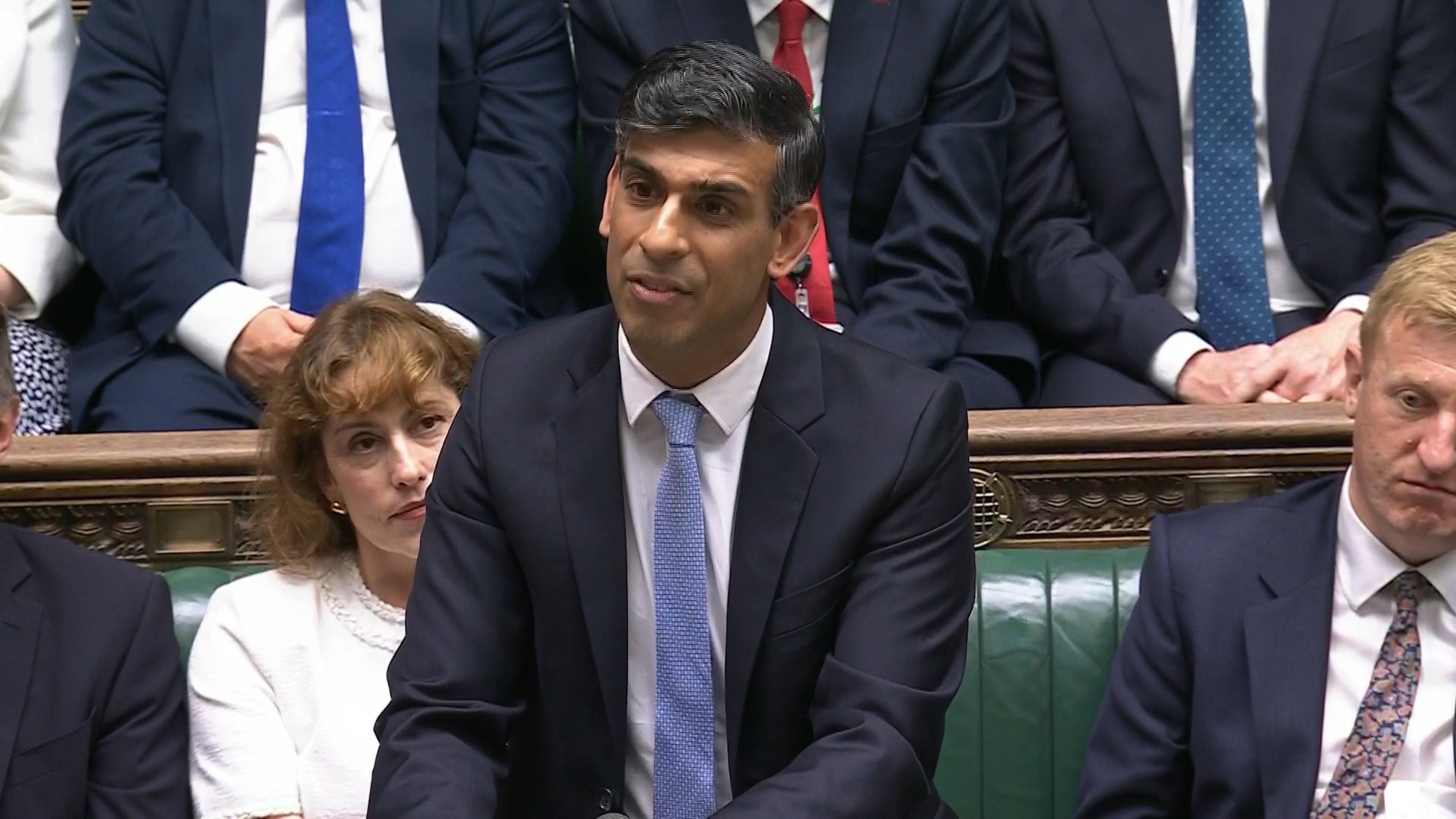One in six Conservative voters likely to die before next election, analysis shows
Data suggests 1.2 million Tory supporters will die by 2029 – 17 per cent of the party’s vote share
Your support helps us to tell the story
From reproductive rights to climate change to Big Tech, The Independent is on the ground when the story is developing. Whether it's investigating the financials of Elon Musk's pro-Trump PAC or producing our latest documentary, 'The A Word', which shines a light on the American women fighting for reproductive rights, we know how important it is to parse out the facts from the messaging.
At such a critical moment in US history, we need reporters on the ground. Your donation allows us to keep sending journalists to speak to both sides of the story.
The Independent is trusted by Americans across the entire political spectrum. And unlike many other quality news outlets, we choose not to lock Americans out of our reporting and analysis with paywalls. We believe quality journalism should be available to everyone, paid for by those who can afford it.
Your support makes all the difference.A sixth of Tory voters are likely to die before the next general election, according to a new analysis.
Polling company Focaldata found that the age at which the Conservatives become the most popular party is 64, compared to 42 in 2019.
In the last five years, one in every ten voters who backed the Conservatives under Boris Johnson’s leadership have died – around 1.3 million people.
Analysis by The Times using Office for National Statistics population estimates suggests this trend will accelerate during the current parliament.
The data suggests 1.2 million Tory supporters will die by 2029, which is 17 per cent of the party’s vote share.
In comparison, only 500,000 Labour voters – or 5.3% – are expected to die in the same period.
Labour could also see nearly 800,000 more votes as younger people, who are more likely to back the party, become eligible to vote.
The net effect is the Tories losing a million votes while Labour gains 300,000.

If the votes were translated into seats, the Conservatives would lose 34, while Labour would gain 29.
The current average Tory voter is aged 62, voted for Brexit, and has voted Conservative in previous elections. Polling from More in Common shows that Conservative voters are slightly more likely to be white, and more than half are comfortable financially.
During the general election campaign, Rishi Sunak and the Conservatives were accused of forgetting younger voters and placing their bets on the party’s traditional so-called “grey vote” base.
The party’s manifesto included a new deal for pensioners to boost their incomes with a “triple lock plus” pledge, but little focus on the younger population.
Sam Bidwell, director of the Next Generation Centre at the Adam Smith Institute, told The Times that Tories reliance on older voters was “an existential challenge” for the party.
“If it continues along its current trajectory, the party is at risk of literally dying out,” he said.
Voter turnout in the 2024 general election was the lowest since 2001, at just 59.9 per cent.
A report from the Institute for Public Policy Research think tank found that seats where a larger share of the population were older people, wealthy homeowners and white had much higher turnout rates than constituencies where a smaller share of people came from those demographics.
It calculated that turnout was 11 per cent higher in constituencies with the highest proportion of over 64-year-olds, compared with the lowest.
Join our commenting forum
Join thought-provoking conversations, follow other Independent readers and see their replies
Comments